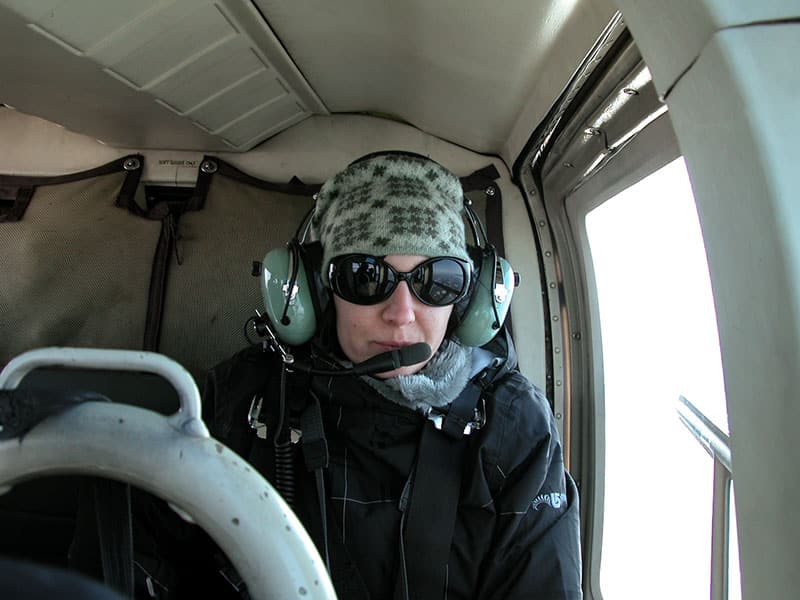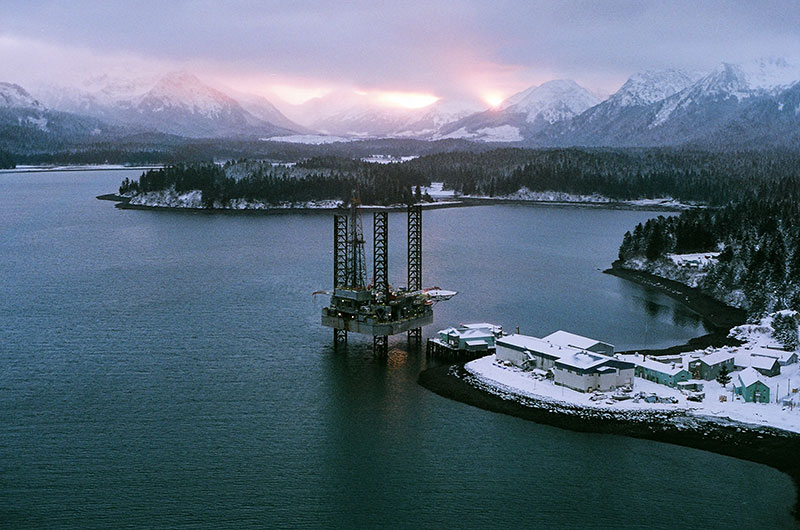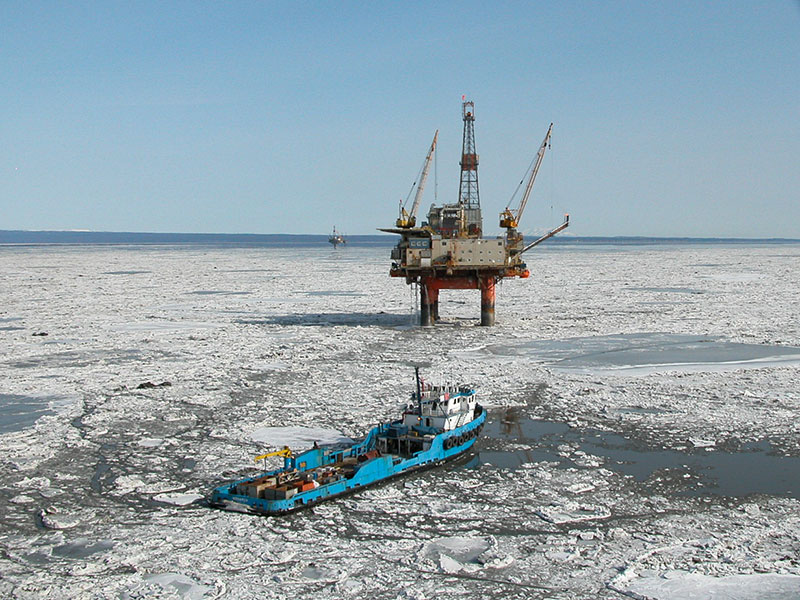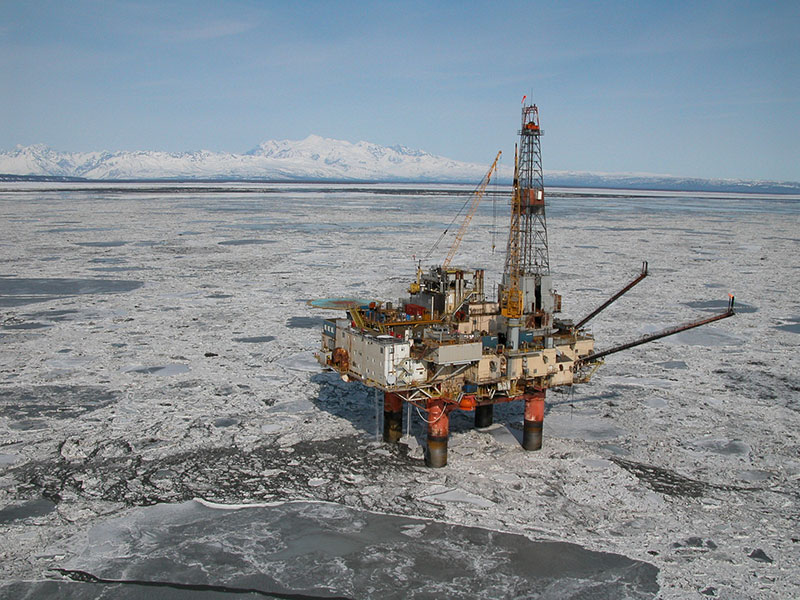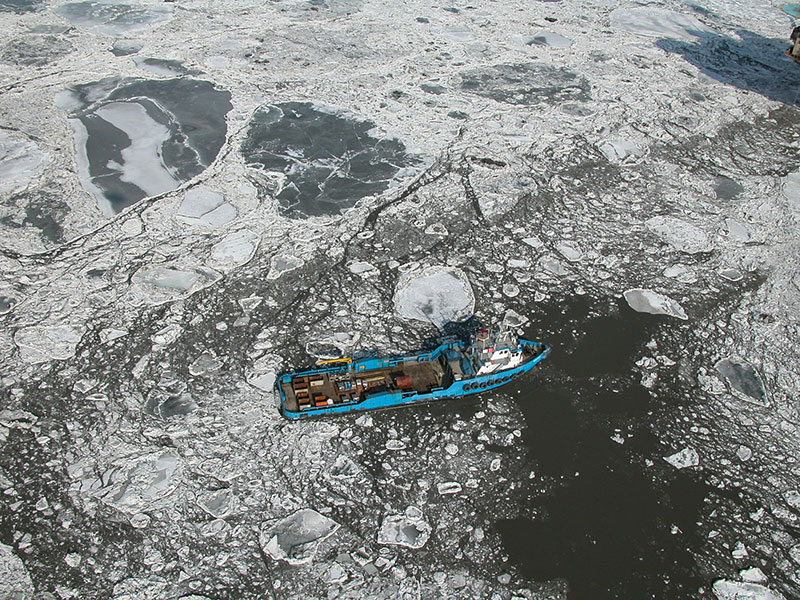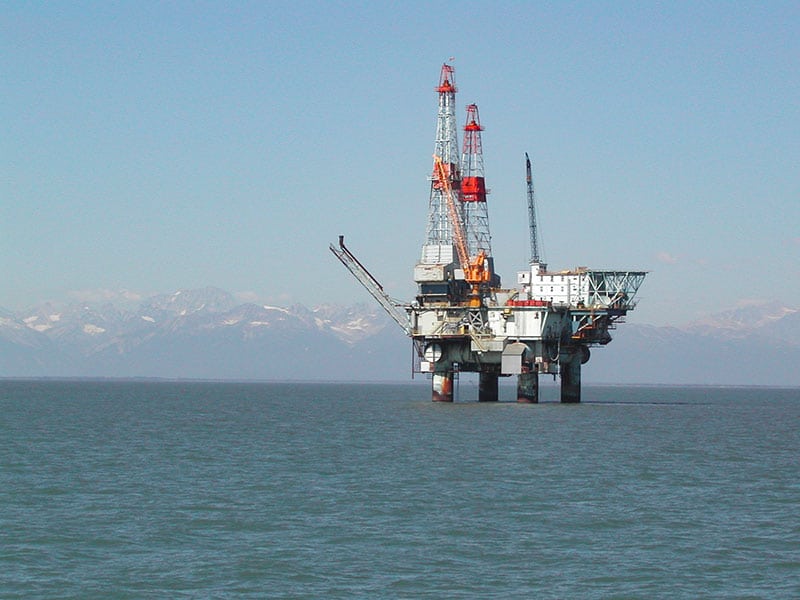Maintaining safe operations during COVID-19
While most of us have had to learn to adapt to a new, temporary, normal during the ongoing pandemic, oil spill responders have fortunately been able to carry on without major disruption. In large part, this reflects the efficacy of prevention controls and systems already in place in Cook Inlet designed to avoid major incidents.
When pandemic-related disruptions to normal courses of business began in the spring, CIRCAC staff reached out to partners in industry to discuss how or if those disruptions would affect operations in the field and what, if any, preparations would need to be made for incident response.
Routine drills have continued remotely to the degree possible, but deployment drills have also been conducted. The bottom line is that it’s the job of responders to work in difficult environments; Covid-related safety concerns present a new and unique challenge, but not an impossible one.
Response capacity has not been affected by the pandemic. Our partners at Cook Inlet Spill Prevention and Response, Incorporated (CISPRI) worked remotely during the initial outbreak this spring, but have resumed normal operations with the exception of extended rotations for workers in the field.
CIRCAC Director of Operations Steve “Vinnie” Catalano says communication has remained consistent. “There were the normal hiccups of transitioning to video conferences and teleconferences for meetings, but it has largely been business as usual.”
In other areas, Covid-related disruptions are unavoidable.
The brief summer field work season in Alaska is difficult enough, but travel restrictions by CIRCAC and our university and agency partners have forced delays for some scheduled research projects this year. The biggest challenge for CIRCAC Director of Science and Research Sue Saupe was simply getting people together. “So much of our work only happens through collaboration, and concerns about field teams safely traveling and then living and working together on boats or in aircraft forced us to pause our field program for the summer.”
For several years CIRCAC has been supporting graduate students conducting research on the potential for marine oil snow formation in Cook Inlet. The loss of field data from 2020 will interrupt the inter-annual comparisons, but the team identified other ways to move the research forward, such as compiling and mapping historical data on local environmental conditions that could promote the aggregation of spilled oil with water column particulates.
Saupe noted that there are silver linings to some of the project delays. For ShoreZone and Macrocystis kelp surveys, as well as a new study on Cook Inlet Radium isotopes, the extra time for planning will ultimately improve the projects. Project teams are using the time to seek additional financial and logistical resources, develop new collaborations, and more clearly define research priorities in preparation for a robust field season next year.




